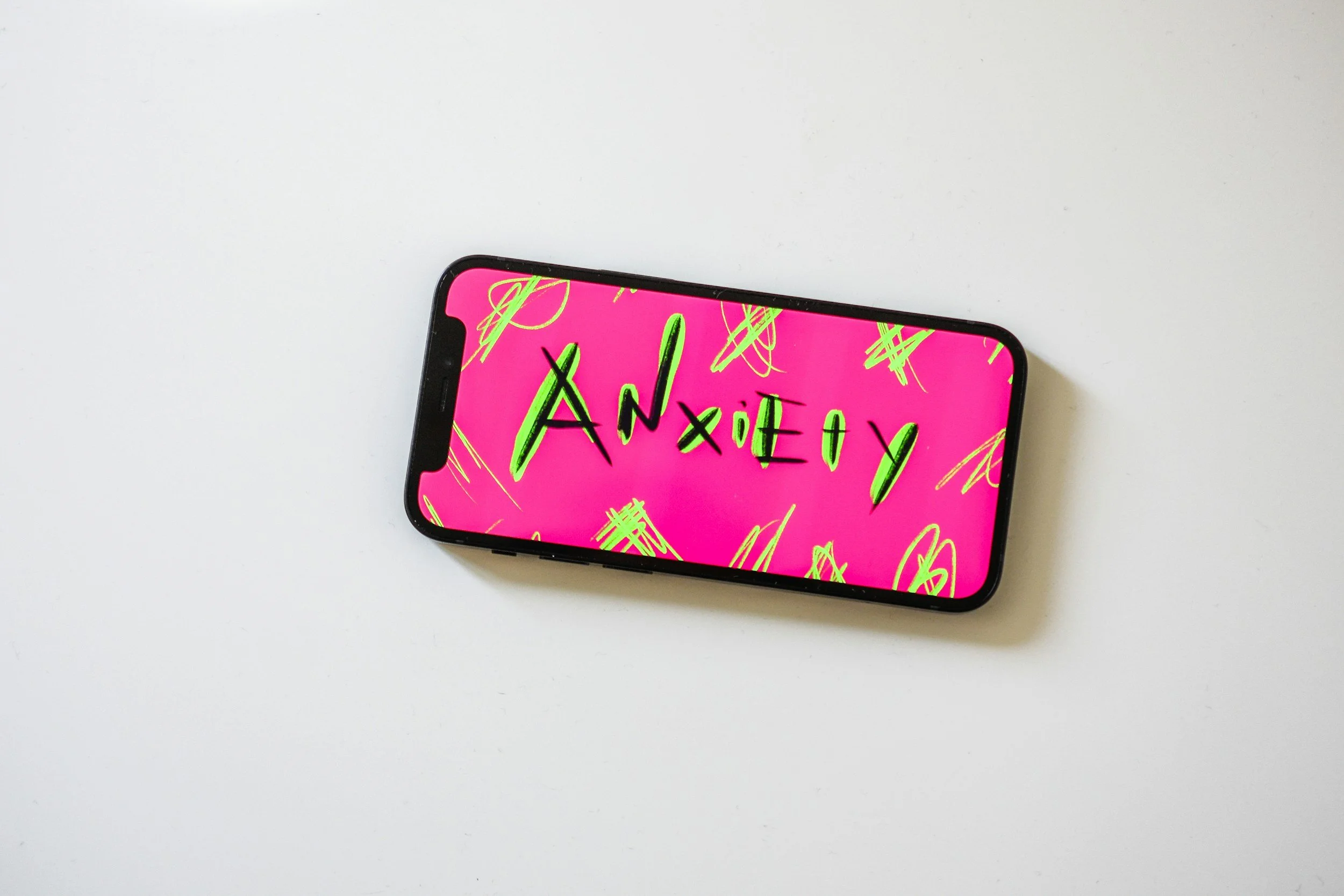Anxiety
What Is Anxiety? Understanding the Signs, Causes, and How to Cope
Anxiety is a word we hear often, but what does it actually mean? In simple terms, anxiety is our body’s natural response to stress or perceived danger. It’s that uneasy, restless feeling that can show up before a big event, during stressful times, or sometimes for no clear reason at all. While occasional anxiety is part of being human, ongoing or overwhelming anxiety can begin to affect daily life.
What Does Anxiety Feel Like?
Anxiety can show up in different ways, but it often affects our thoughts, emotions, and body:
• Thoughts: Racing thoughts, constant worrying, or jumping to the worst-case scenario. For example, “What if I fail?” or “What if something bad happens?”
• Feelings: Fear, dread, irritability, or feeling on edge. Some people describe it as carrying a knot in their stomach or being stuck in a loop of worry.
• Physical symptoms: A racing heart, sweaty palms, shaking, stomach aches, tight muscles, or trouble sleeping. Anxiety activates the body’s “fight or flight” system, which is designed to protect us from danger — but it can get triggered even when there’s no real threat.
Common Causes of Anxiety
There isn’t one single cause of anxiety. For some, it’s linked to stressful life events, ongoing pressures, or unresolved past experiences. For others, it can be influenced by:
• Biology and genetics – some people are more naturally prone to anxiety.
• Brain chemistry – imbalances in stress-related chemicals can play a role.
• Environment – work stress, financial worries, health concerns, or relationship difficulties can all contribute.
And sometimes, anxiety shows up without a clear reason at all, which can feel particularly confusing and frustrating.
When Does Anxiety Become a Problem?
Feeling nervous before an exam, interview, or big decision is normal. But if anxiety feels constant, overwhelming, or starts to interfere with work, relationships, or everyday life, it may be a sign that extra support is needed.
Some people experience specific types of anxiety, such as:
• Generalised Anxiety Disorder (GAD) – ongoing, excessive worry about many areas of life.
• Panic disorder – sudden, intense bursts of fear or panic attacks.
• Social anxiety – fear of being judged or embarrassed in social situations.
• Phobias – strong fears about specific objects or situations.
Ways to Manage Anxiety
The good news is that anxiety is treatable and manageable. Helpful approaches can include:
• Breathing exercises and grounding techniques to calm the body.
• Movement or exercise to release built-up tension.
• Journalling or talking to process worries and see them more clearly.
• Counselling or therapy, which provides a safe space to explore patterns, understand triggers, and develop healthier coping strategies.
Final Thoughts
Anxiety is something many people experience, and you are not alone if you recognise these feelings. Remember — anxiety does not define who you are. With the right support, understanding, and tools, it is possible to ease its grip and live with more calm and confidence.

